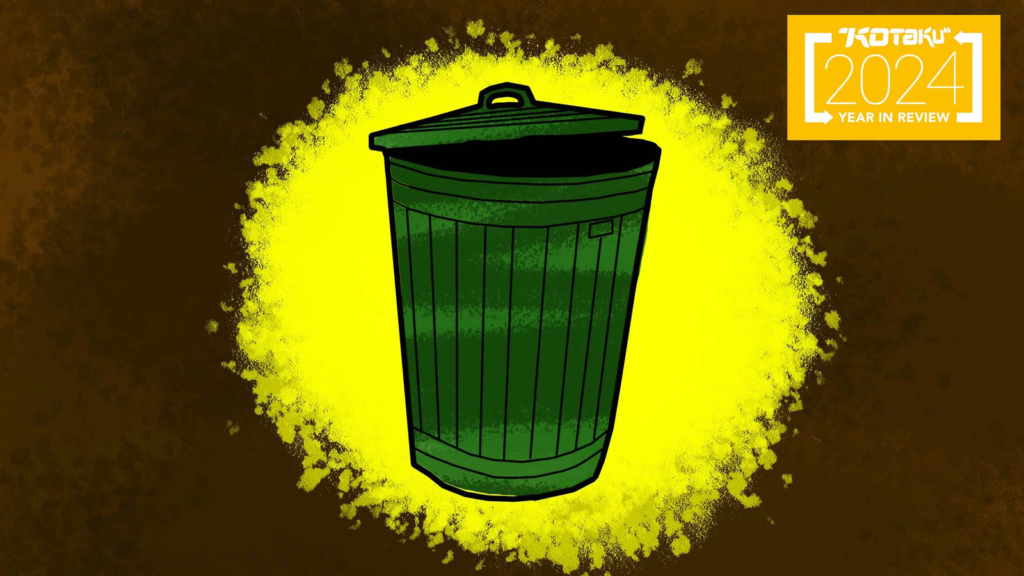At 87 years old, director Ridley Scott has seen a tremendous amount of success over the course of his career.
His films have grossed billions at the box office and taken home nine Academy Awards, including Best Picture for 2000′s “Gladiator.” But despite the plaudits he has received as a filmmaker, it’s the critical pans that have stayed with Scott the most.

In an interview with filmmaker Fede Alvarez on the DGA’s “Director’s Cut” podcast, Scott revealed that he has a negative review from famed film critic Pauline Kael of his 1982 science fiction epic “Blade Runner” on display in his office.
Scott explained that Kael “destroyed Blade Runner in four pages” in the New Yorker, likening the review to “industrial espionage, because you’re destroying a product before it’s out.”
“I was actually hurt,” he said. “Even at 44, I could get hurt. I wrote back a note to the New Yorker saying, ‘Listen, if you hate me that much, just don’t print anything. Ignore me. But don’t spend four and a half pages of destruction.’”
Though it didn’t perform well at the box office when it was released, “Blade Runner” has since gone on to be regarded by many as one of the greatest science fiction films ever made. But more than forty years and 26 films later, Pauline Kael’s review still sticks with the octogenarian director.
“I framed that. It’s still in my office today,” he said. “It taught me this: there’s only one critic that means anything, and that’s you.”
Indeed, Scott had the correct approach to rejection, according to psychologists.
“The way you interpret failure determines whether or not you keep showing up and doing the work, or whether you shut down and give up,” Jenny Wang, a Houston-based psychologist, told CNBC Make It in 2018.
For his part, Scott said he stopped reading reviews entirely — whether good or bad — after being hurt by Kael’s response to “Blade Runner.”
“I haven’t read critiques ever since,” he told the Hollywood Reporter recently. “Because if it’s a good one, you can get a swollen head and forget yourself. And if it’s a bad one, you’re so depressed that it’s debilitating.”
Want to make extra money outside of your day job? Sign up for CNBC’s online course How to Earn Passive Income Online to learn about common passive income streams, tips to get started and real-life success stories.


